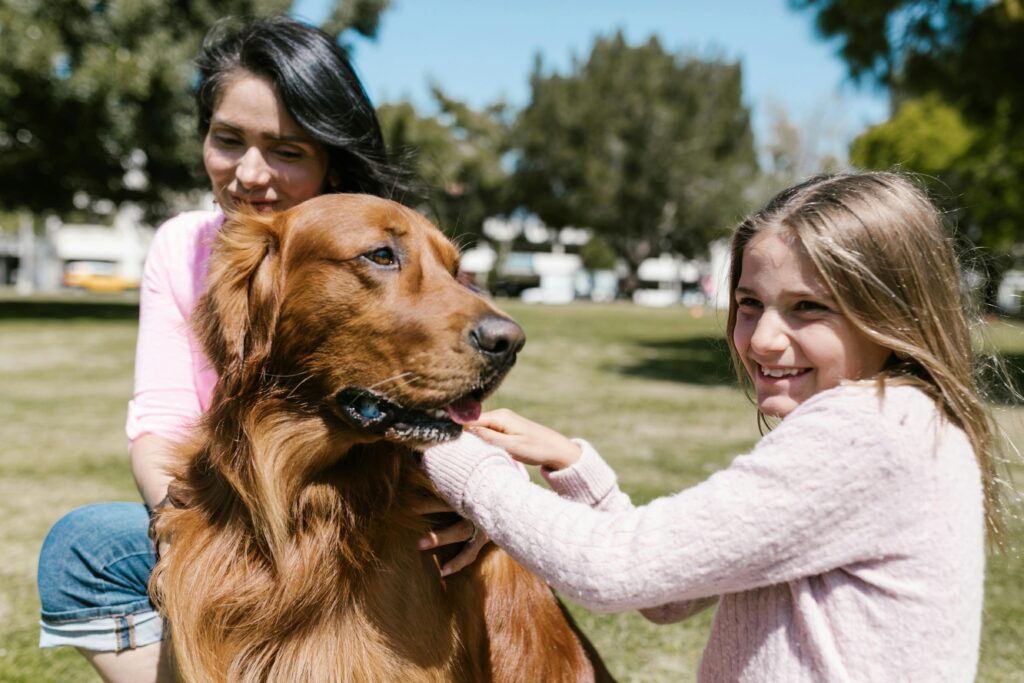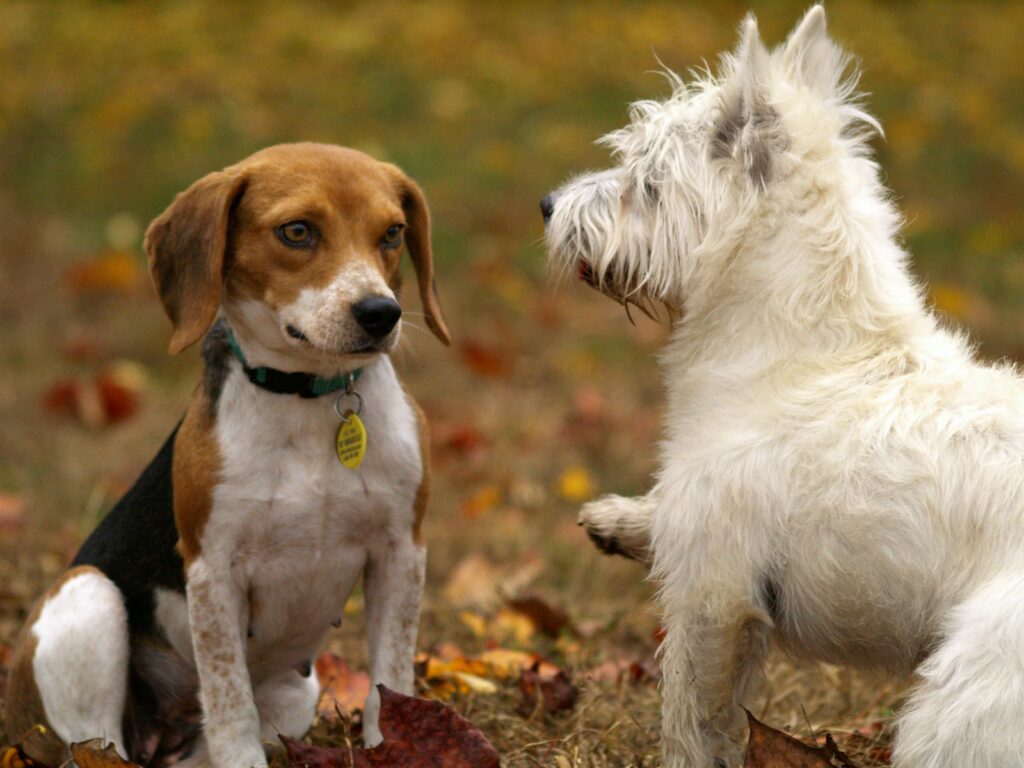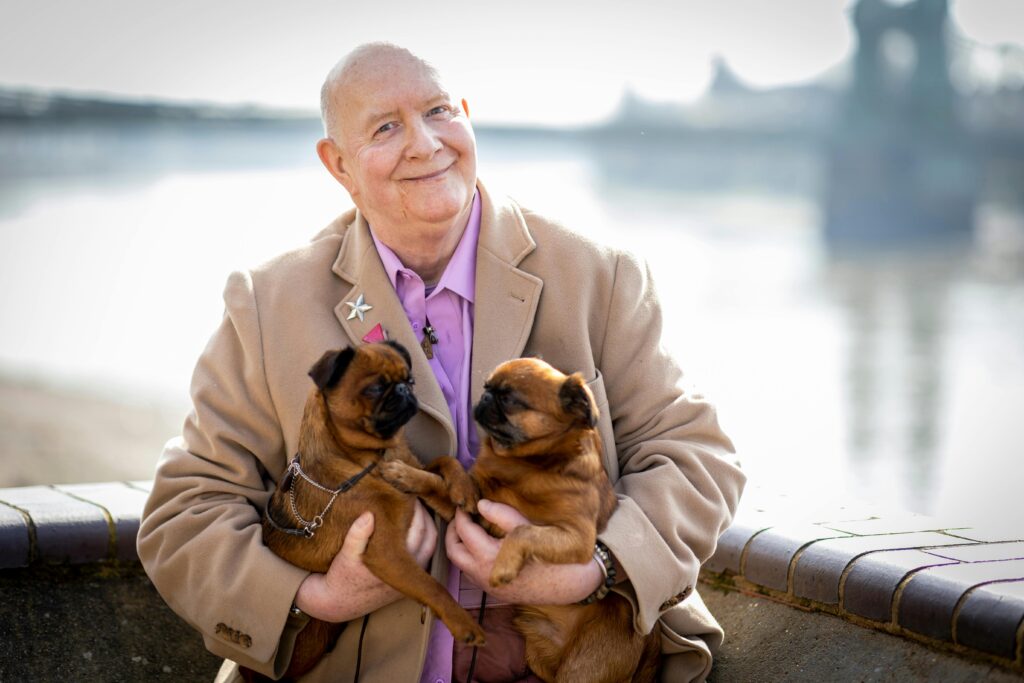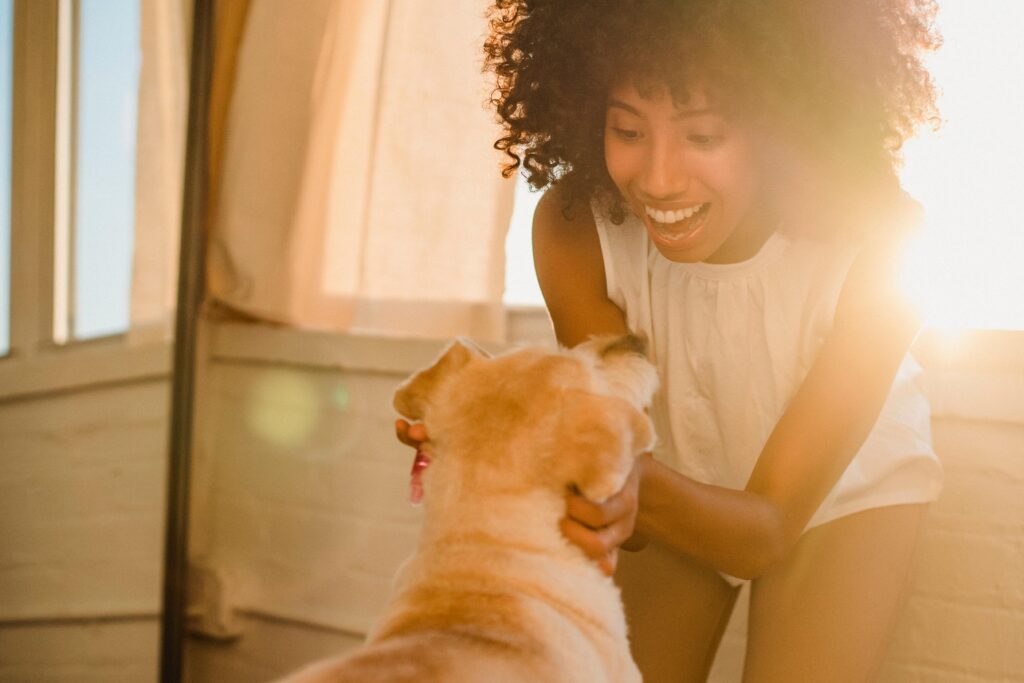Dogs are more than just pets; they are family members who require love, care, and attention every day. Establishing a daily routine is very important for keeping your dog healthy, happy, and well behaved. Taking care of your pet implicates more than just walking and feeding them. It also includes grooming, playing, training, and spending quality time together. Your dog will feel protected and cherished if you take care of it every day. This post will show you a practical and straightforward daily dog care regimen that works for all breeds and lifestyles.
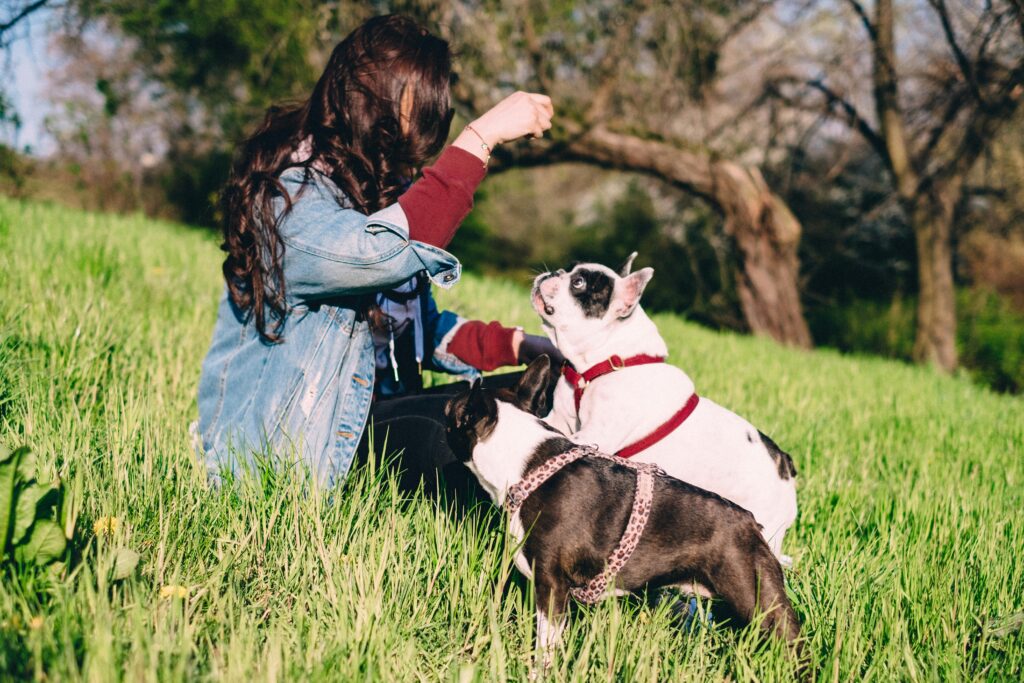
Morning Routine to Start the Day Right
Your dog and your home will be in a good mood in the morning. A good start will help you both stay calm and organized for the rest of the day.
Potty Break in the Morning
The first thing your dog needs to do in the morning is go to the toilet. Let your dog go outside to do its business. This should be the first thing you do every day, whether you have a garden or take your dog for a stroll. It keeps people from getting hurt in the house and helps them get into a routine.
Make sure to give them a healthy breakfast
A healthy breakfast gives your dog the energy it needs to go through the day. Check that the food is of excellent quality and is right for your dog breed, age, and level of exercise. Put clean water in a new bowl, and make sure your dog eats all of it. Please do not give them scraps from the table or odd food.
Exercise or walk in the morning
Give your dog a short stroll or play a fast game of fetch with him. Moving about in the morning helps your dog use up energy and keeps it from getting bored or agitated. It also enables you to keep your weight in check and your joints healthy. For owners who work, even a 15 minute walk is preferable to not walking at all.
Midday Check In and Care
A lot of dogs remain alone for a long time while their owners are at work. But they still need care and attention throughout this period.
Bathroom Break or Dog Walker Visit
You can come home for lunch or hire a dog walker. Dogs should not go more than six to eight hours without going to the toilet. Puppies and senior dogs need to go out more often. This stops health problems and stress from building up too much.
Midday Meal if Needed
Some dogs, such as pups or small breeds, need more than two meals a day. Give your dog a light supper or snack around midday if the vet says to. Always keep the water complete and clean.
Mental Stimulation
Leave your dog with puzzle toys, treat balls, or safe chew toys if they are going to be alone for a long time. These things keep kids from getting bored and acting out. You can also leave the TV or radio on low to make it feel like you are with someone.
Evening Routine for Health and Bonding
After a long day, the evening is a great time to spend time with your dog again. This is when you give love, care, and structure.
Long Walk or Play Session
Take your dog for a longer walk or set aside time for them to play in the evening. This lets your dog get rid of some energy and provides him the chance to smell things, explore, and meet new people. To keep balance, dogs need to be physically and mentally active.
Dinner Time
Every day, at the same time, give your dog food. Give your dog the correct amount of food based on their needs, and do not let them eat all the time. Look for signs of allergies, digestive problems, or a change in appetite. Always provide your guests with fresh water with their meal.
Basic Training or Commands
Spend a few minutes going over simple instructions like “come,” “stay,” and “sit.” Give tiny snacks or praise as a reward. This keeps your dog mind busy and encourages good behavior. You can also teach your dog how to behave on a leash or do tricks.
Grooming and Hygiene Essentials
Daily grooming does not necessarily require taking a full bath. Making small efforts can help keep your dog clean and looking good.
Brush the Coat
Brushing gets rid of dirt and loose hair and keeps the coat healthy. Dogs with long hair may need to be brushed every day, whereas dogs with short hair do not need to be brushed as often. It also helps keep the house from getting too messy and keeps hair from matting.
Clean Eyes and Ears
If you observe discharge around your dog eyes, you can utilize a soft and clean cloth to gently wipe them. Look for smell, wax buildup, or redness in the ears. Use an ear cleaner that your vet approves of to clean only the bit you can see. Never put anything deep in.
Check the Paws and Nails
Check your dog paws for dirt, tiny cuts, or ticks. After walks, wipe them down. Check your nails every week and cut them if you need to. Long nails might hurt or make you feel bad.
Emotional Care and Bonding
Like people, dogs are social animals that need affection and emotional support. They are thrilled when they have time to bond every day.
Cuddle and Praise
Your dog will feel appreciated if you perform simple things like caressing, hugging, or saying “good dog.” Some dogs like to sit next to you, while others want to have their bellies rubbed. Find out what makes your dog happy and give it to them often.
Quality Time with You
Every day, even if it is just 10 minutes of focused attention, you should spend time with your dog. Sit down with your dog and talk to him or do something interesting. This helps you trust each other more and makes your friendship stronger.
Reduce Stress and Overstimulation
Dogs can get anxious when there are loud noises, rapid changes, or a lack of regularity. Don’t yell or reprimand your children harshly. Keep your home quiet. To help your dog relax, try calming activities like gentle music or treats before bed.
Nighttime Routine for Rest
A calm bedtime ritual makes your dog feel safe and helps them sleep well.
Final Potty Break
Take your dog out one last time before you go to bed. This stops mishaps from happening at night and teaches them when it is time to relax.
Prepare the Sleeping Space
Make a spot for your dog to sleep that is peaceful and pleasant.If your dog prefers it, consider a crate or a dog bed in a quiet location.. Make sure it is not too hot or too cold, and use soft blankets.
Keep a Consistent Bedtime
Every night, try to go to bed at the same hour. Dogs do best when they have a schedule. Having a regular bedtime makes kids feel safe and helps them behave better during the day.
Health Monitoring and Routine Checks
Checking on your dog’s health every day might help you find problems early and save them from getting worse.
Observe Behavior and Body Language
Watch how your dog behaves and see if it changes. Do not ignore signs like not eating, having poor energy, limping, or scratching too much. Remember as soon you as you will notice an abnormal change the sooner you will be able to adress it or get a professional help.
Check Teeth and Gums
Check your dog’s teeth and gums by lifting their lips. Check for plaque, poor breath, or gums that are inflamed. Brushing you pet’s teeth every day or giving them dental treats might help keep their mouths healthy.
Keep Track of Weight and Diet
Check your dog weight often and keep an eye on any changes. Brief your veterinarian that if your dog loses or gains weight quickly. Follow a healthy eating schedule, and do not give them too many snacks.
Conclusion
Every day, you have to take care of your puppy, which is a lot of fun and love. A good routine for your dog will keep them healthy, happy, and safe. Every step, from potty breaks in the morning to cuddles at night, helps you and your pet get closer. Make a simple plan that works for you and your dog. Dogs do best when they know what to expect and are adored every day. Taking care of your dog every day in the right way will provide them with the most extraordinary life possible and make them a devoted buddy for years to come.
